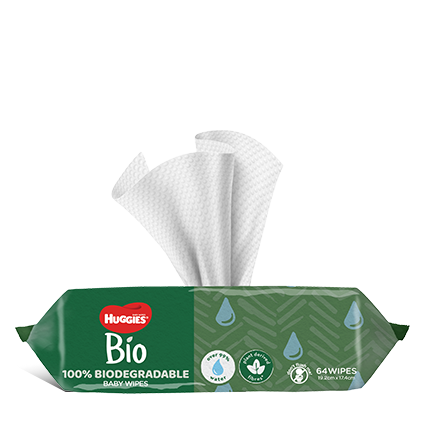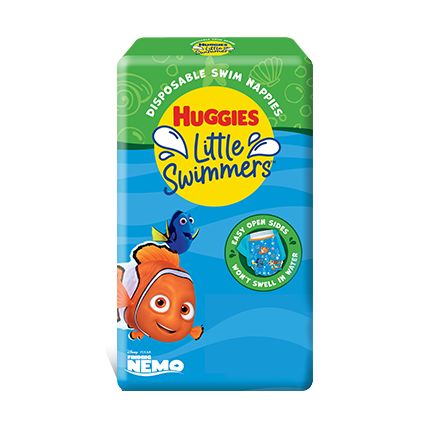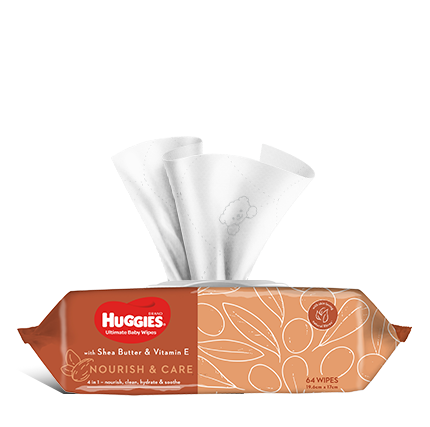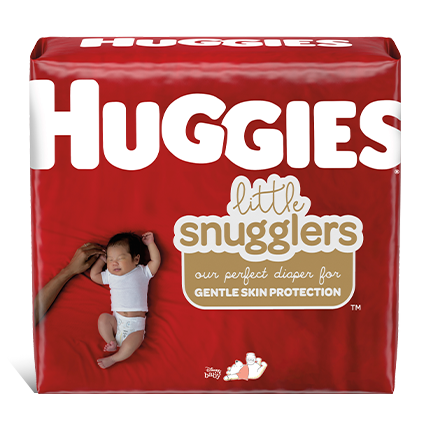Tips & Advice for New Parents
You’ll find that once you’re pregnant, all sorts of people from childless Uncles to complete strangers in the supermarket will offer you parenting advice. It seems everyone is an expert and they can’t wait to share their parenting wisdom and advice with you, regardless of whether you ask for it or not. For sound parenting advice, free of bias and misinformation, look no further than here. Within this section is practical information on the key areas – some of which you may not even have thought of – such as tax breaks for families, the childcare rebate, and taking baby photos. We even discuss the advantages of teaching your child two languages – a hot topic in multicultural Australia.
Jump to a topic in this section
Childcare and Schools
Deciding on the right form of childcare for your child is every parent’s nightmare.
In Australia preschool, or kindergarten as it is sometimes known, is not compulsory for children.
Parenting Tips
Other mums and dads can be a great source of information when it comes to taking care of your sick babies and toddlers.
There is no set prescription for a “normal” family and really, there never has been.
Emily listened to her two-year-old daughter, Anna, arguing fiercely with her four-year-old brother Jack and was helpless to intervene as she tried to soothe her newborn son Leon off to sleep.
Baby Sign Language
From all the studies conducted in this field the benefits of introducing your baby to sign language are vast.
When you introduce signing to your baby, gradually introduce the signs one at a time.
As a parent, your baby’s “first sign” is greeted with as much excitement as your baby’s “first word”.
Baby sign language has been shown to very beneficial to a baby’s language development.
Gardening with Kids
Gardening with kids can be a fun pastime and a great way for parents and children to get active outdoors – whether it be playing in the garden, starting a veggie patch, learning about birds and insects or collecting bits and pieces for making crafts.
Here are some simple and easy activities for you to do with the kids
The best way to teach children about gardening is for parents to show the way by gardening themselves.
Growing grass heads is an easy, fun activity for kids, and Yates new lawn seed Lush patch packs are the perfect size for such a project.
A child can be given responsibility for a particular plant in the garden.
Pets
Kids and animals build wonderful relationships and they often share a very special bond.
Many people are naturally concerned about how the arrival of a bub will affect the behaviour of their cat.
Pets and children can share a remarkable relationship – there is something extraordinary about the bond that develops between a child and their special playmate.
Cats can make great first pets for kids and in some ways they are much easier than dogs as they are nowhere near as demanding on attention and time… for a start, they sleep for around 18 hours every day!
Kids Parties
The decision to host a child’s birthday party can lead the calmest of parents to head straight for the bedroom for a little lie down.
You don’t have to fork out hundreds of dollars to make your kid’s birthday party a great one.
We’ve put together some great ideas for the kids to munch on at the party.
Travelling
Trips away are great fun for the whole family, especially if it’s your bub’s first time away from home.
Packing to go on holiday is no longer as easy as throwing a few t-shirts and a pair of swimmers in at the last minute.
Sometimes packing up your troubles and boarding a plane with a baby or young child seems to be the fastest way to spell trouble.
Here are some very practical tips that may just help make your holiday with your babies and toddlers run a little smoother.
Reading
A child that enjoys reading is more likely to pay attention and attention is essential for learning to take place.
What better gift can we give our children than a love of reading?
Learning to Swim
Swimming lessons and the resulting ability to swim is something that will benefit every child their whole life.
Many parents are a little hesitant about introducing their infant into the world of swimming and the risk that accompanies it, whilst others like to get their infant swimming as early as possible.
Getting your toddler used to water early is important from a safety point of view and its great fun too.
Family Budgeting
Not sure if you might use a private obstetrician for your birth? Is there a possibility that you might prefer a private hospital? Don’t leave it too long to decide.
Once upon a time, a girl could get through pregnancy wearing her partner’s shirts and a smock dress.
Recommended Topics
Check out these other topics you might like
Join our Huggies Club
For every milestone, big or small. We got you, baby.

Expert advice

Offers & Promos

Exclusive offers
Try Our Tools
Discover our most popular tools to help
you along the way
Promotions & Offers
Explore our exciting promotions.
Win FREE nappies for 6 months!
Join the Huggies Club for your chance to WIN












































































































